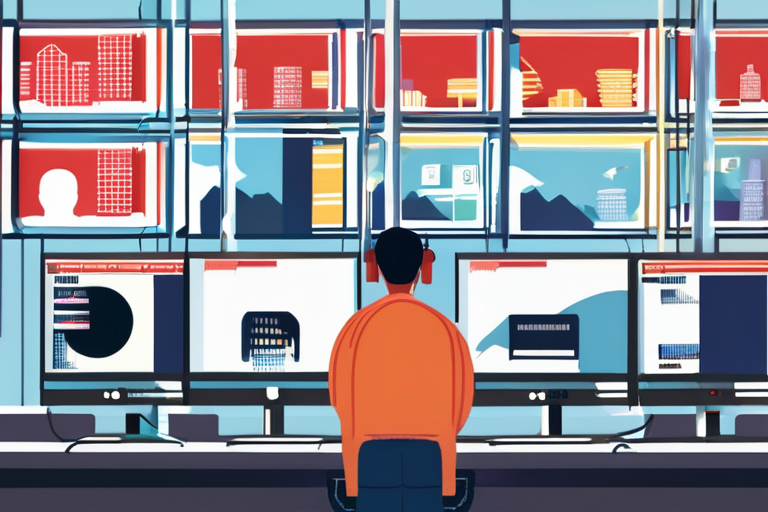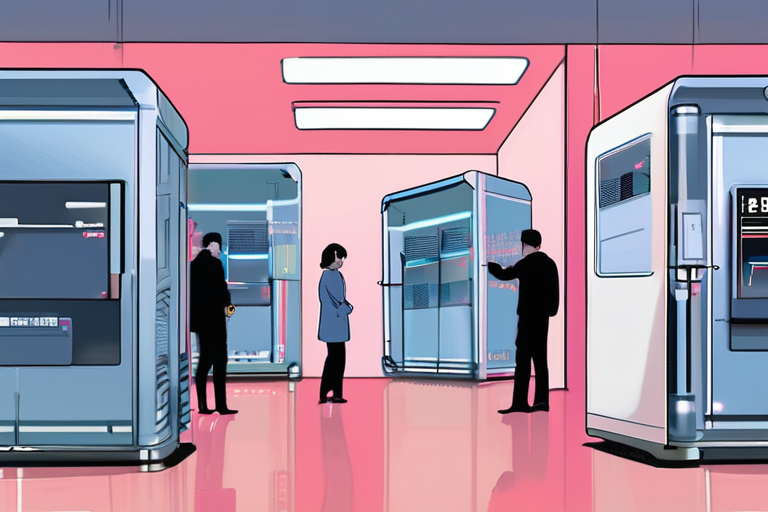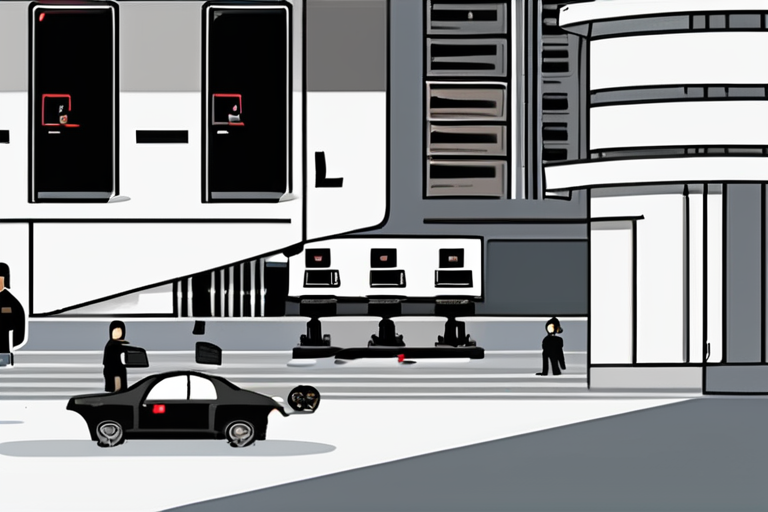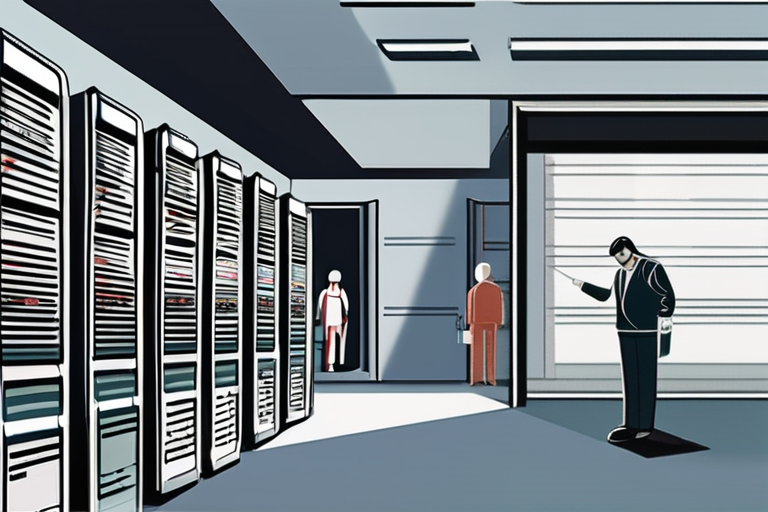

Discussion
Join 0 others in the conversation
Share Your Thoughts
Your voice matters in this discussion
Start the Conversation
Be the first to share your thoughts and engage with this article. Your perspective matters!
More Stories
Discover articles from our community

North Korean Hackers Leverage ChatGPT to Forge Deepfake Military IDs
 Hoppi
Hoppi

Cybercrime to Overtake US and China as World's Third-Largest Economy by 2026
 Hoppi
Hoppi

SK Telecom Slammed with $97 Million Fine Over Massive Data Breach Affecting 27 Million
 Hoppi
Hoppi

South Korea Invests $390 Million in Homegrown AI Hubs to Challenge Global Giants
 Hoppi
Hoppi

South Korea's Digital Defenses Under Siege: Hackers Strike Again Every Month
 Hoppi
Hoppi

South Korea's Digital Defenses Under Siege: Monthly Breaches Expose Critical Vulnerabilities
 Hoppi
Hoppi

North Korean Hackers Leverage ChatGPT to Forge Deepfake Military IDs
North Korean Hackers Utilize ChatGPT to Forge Deepfake ID Documents A suspected North Korean state-sponsored hacking group has been found …

Hoppi

Cybercrime to Overtake US and China as World's Third-Largest Economy by 2026
Cybercrime Set to Become World's Third-Largest Economy in 2026 A staggering $20 trillion is estimated to be lost by businesses …

Hoppi

SK Telecom Slammed with $97 Million Fine Over Massive Data Breach Affecting 27 Million
(Image credit: iStock) SK Telecom suffered a data breach that was discovered in April 2025It affected roughly 27 million peopleThe …

Hoppi

South Korea Invests $390 Million in Homegrown AI Hubs to Challenge Global Giants
South Korea Launches Ambitious Sovereign AI Initiative with $390 Million Investment Last month, South Korea unveiled its most ambitious sovereign …

Hoppi

South Korea's Digital Defenses Under Siege: Hackers Strike Again Every Month
The Breach Every Month: South Korea's Digital Defenses Under Siege In the sweltering summer of 2022, a group of hackers …

Hoppi

South Korea's Digital Defenses Under Siege: Monthly Breaches Expose Critical Vulnerabilities
South Korea's Digital Achilles' Heel: A Breach Every Month Exposes Fragile Cyber Defenses In the sweltering summer of 2022, a …

Hoppi
